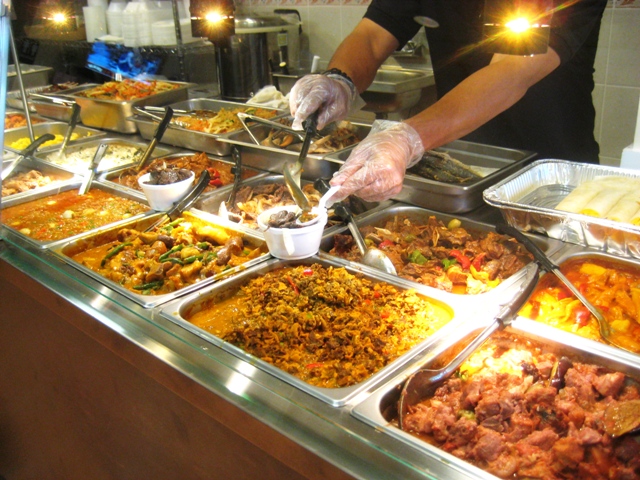by Carlo Limbog, UniPro Community Building intern When we think about racism and discrimination towards Filipino Americans, we may fall into the trap of believing the situation isn't quite as bad as it may have been historically. But ask any Fil-Am and he or she will probably be able to rattle off at least a handful of times where he or she has felt marginalized or victimized because of his or her ethnicity and the fact that it still strongly exists today is a major concern. We, being strong & hardworking citizens that contribute a lot to our society, do not deserve to be undermined by the so called “majority.” The Filipino community has endured major discrimination ever since the first Filipino settlements at Saint Malo, Louisiana in 1763. The Naturalization Act of 1790, which granted the right of U.S. citizenship solely to “free white persons,” immediately alienated the first-ever “Fil-Ams.” Because of this, our very own people were treated poorly under the demeaning attitudes of the Americans. Despite our substantial representation within the United States, our population is still subjected to discrimination to this day. We are the second-largest Asian American population in the U.S. At a staggering four million individuals, yet we continue to face the daily “microaggressions” used by our fellow American citizens.
The term “microaggression” typically involves subtle insults and implications against specific minorities including us. We all have been exposed to different types of microaggressions at some point in our lives; some more than others. I can speak from my own personal experiences too. Growing up in a predominately white community, my family and I have always been told that “we spoke good English.” It was almost as if it were a shock to some people. In grade school, I was also put into ESL classes simply because my parents’ primary language at home was Tagalog even though I didn’t speak the language nor understand it.
Sure, we can all live by the cliché “sticks and stones” saying, but such racism still have a negative effect on our professional and political status in our society.
Being subjected to these microaggressions creates a sense of alterity, or “otherness” in our society. We’re creating a rank of distinct groups not in terms of numbers, but by power. By ignoring these subtleties, we’re enabling this behavior to continue on. We need to pay more attention to these everyday occurrences and actually take a stand against the people who continue to speak negatively about us.
These microaggressions have, in addition, escalated into more blatant forms of racism. For example, in 2006, Filipina nurses Wilma Lamug and Elnora Cayme and the rest of the Filipino staff at the Delano Regional Medical Center were singled out for violating the hospital’s “English-only” policy by speaking Tagalog in the building. After being reprimanded, the situation only got worse for the Filipino workers. The rest of the staff ridiculed their Filipino colleagues by mimicking their accents and even ordering them to stop talking in all areas of the hospital, even in break rooms and hallways. Hospital management also threatened to monitor them with audio surveillance and suspension for those who were caught speaking Tagalog. The case was brought to court which resulted in a $975,000 settlement fee brought upon by the Equal Employment Opportunity Commission against the Delano Regional Hospital.
Another instance of blatant racism was an anonymous hate letter sent out earlier this year to Filipino families living in American Canyon, CA. The letter addressed to resident Maria Aida Ignacio Brandes targets the entire Filipino population calling the Filipino community “filthy” and “unwanted.” The letter continues to attack Brandes and her interracial relationship, stating that “we are attempting to have our community a law abiding one, without having yet another gang of Filipino scum such as yourself and married daughters who have attempted to assimilate into this once clean non-Filipino dominated area in American Canyon…” Brandes then reported the letter to the authorities who went under investigation to determine whether or not it violates hate crime codes.
Serious offenses like these should inspire Filipino Americans to take action when their rights are being violated no matter how big or small. Just because the majority population may alienate us as a typical minority, does not mean we have to fulfill that role in our society. With our strength in numbers and strong political voice, we need to work together as a striving community to continue fighting against discrimination. We earned our right as Americans just like any other individual who has worked hard to make a living in this country. By no means do we deserve to be subjected to any form of racism or hate in our own country.





